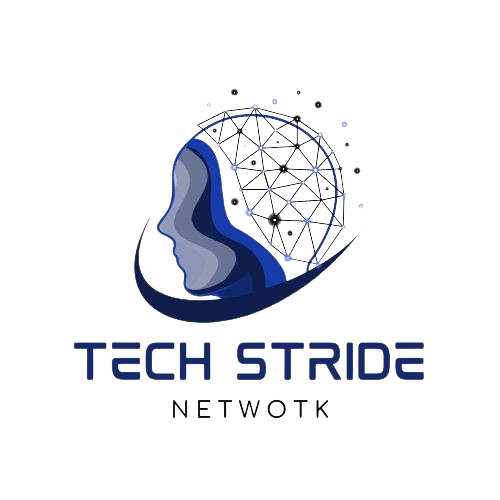Background and History of the Controversy
The CW Park USC lawsuit controversy revolves around allegations of misconduct and discrimination within the University of Southern California (USC). It stems from complaints filed by Dr. CW Park, a former professor at USC, highlighting issues of racial discrimination, wrongful termination, and academic freedom violations.
What are the Allegations of the C.W. Park USC Lawsuit?
Dr. Park alleges that USC engaged in discriminatory practices against him due to his Korean ethnicity. He claims that despite his contributions to the university, he faced unequal treatment, harassment, and ultimately wrongful termination. Park asserts that USC violated his rights to academic freedom and due process, tarnishing his reputation and career prospects.
Key Players Involved In The Lawsuit
Dr. CW Park stands as the primary plaintiff in the lawsuit against USC. As a respected academic and former faculty member, his allegations carry significant weight. USC, represented by its legal team and administration, forms the defendant side of the lawsuit. Additionally, various faculty members, witnesses, and experts may be involved in providing testimonies and evidence related to the case.
The Reaction of C.W. Park and USC
Dr. CW Park has vehemently defended his claims, asserting that USC’s actions have deeply impacted his career and personal life. He has been vocal about seeking justice and holding USC accountable for its alleged discriminatory practices. USC, on the other hand, has denied the allegations, stating that its actions were justified and in compliance with university policies.
Legal Proceedings and Developments
The legal proceedings in the CW Park USC lawsuit have involved hearings, depositions, and document discovery. Both parties have presented their arguments and evidence to support their respective claims. Developments in the case include motions filed by both sides, responses to discovery requests, and court rulings on various aspects of the lawsuit.
Its Impact on the University Students
The controversy surrounding the CW Park USC lawsuit has undoubtedly impacted the university’s students. It has sparked discussions about diversity, equity, and inclusion on campus. Students may feel concerned about the treatment of faculty members and the university’s commitment to fair treatment and academic freedom. The lawsuit’s outcome could also influence students’ perceptions of USC as an institution.
Learn More: OpenHousePerth.net Insurance
Lessons Learned and Changes Made by USC
The CW Park USC lawsuit controversy serves as a wake-up call for USC and other academic institutions to reevaluate their policies and practices. It highlights the importance of fostering a diverse and inclusive environment where all individuals are treated with respect and fairness. USC may implement changes to its hiring, promotion, and termination procedures to prevent similar issues from arising in the future.
FAQs
Is there evidence supporting Dr. Park’s allegations?
While Dr. Park has presented evidence and testimonies to support his claims, USC denies any wrongdoing and contends that its actions were lawful and justified.
How long has the CW Park USC lawsuit been ongoing?
The lawsuit has been ongoing for several years, with legal proceedings, motions, and hearings contributing to its duration.
What could be the potential repercussions for USC if found guilty?
If USC is found guilty of the allegations, it could face financial penalties, reputational damage, and potential changes to its policies and practices to prevent similar issues in the future.
Conclusion
The CW Park USC lawsuit controversy underscores the complexities of addressing issues of discrimination and misconduct within academic institutions. As the legal proceedings continue, the case serves as a reminder of the importance of upholding principles of fairness, equality, and academic freedom in higher education. Regardless of the lawsuit’s outcome, it prompts necessary conversations and actions towards creating a more inclusive and equitable environment for all members of the university community.

